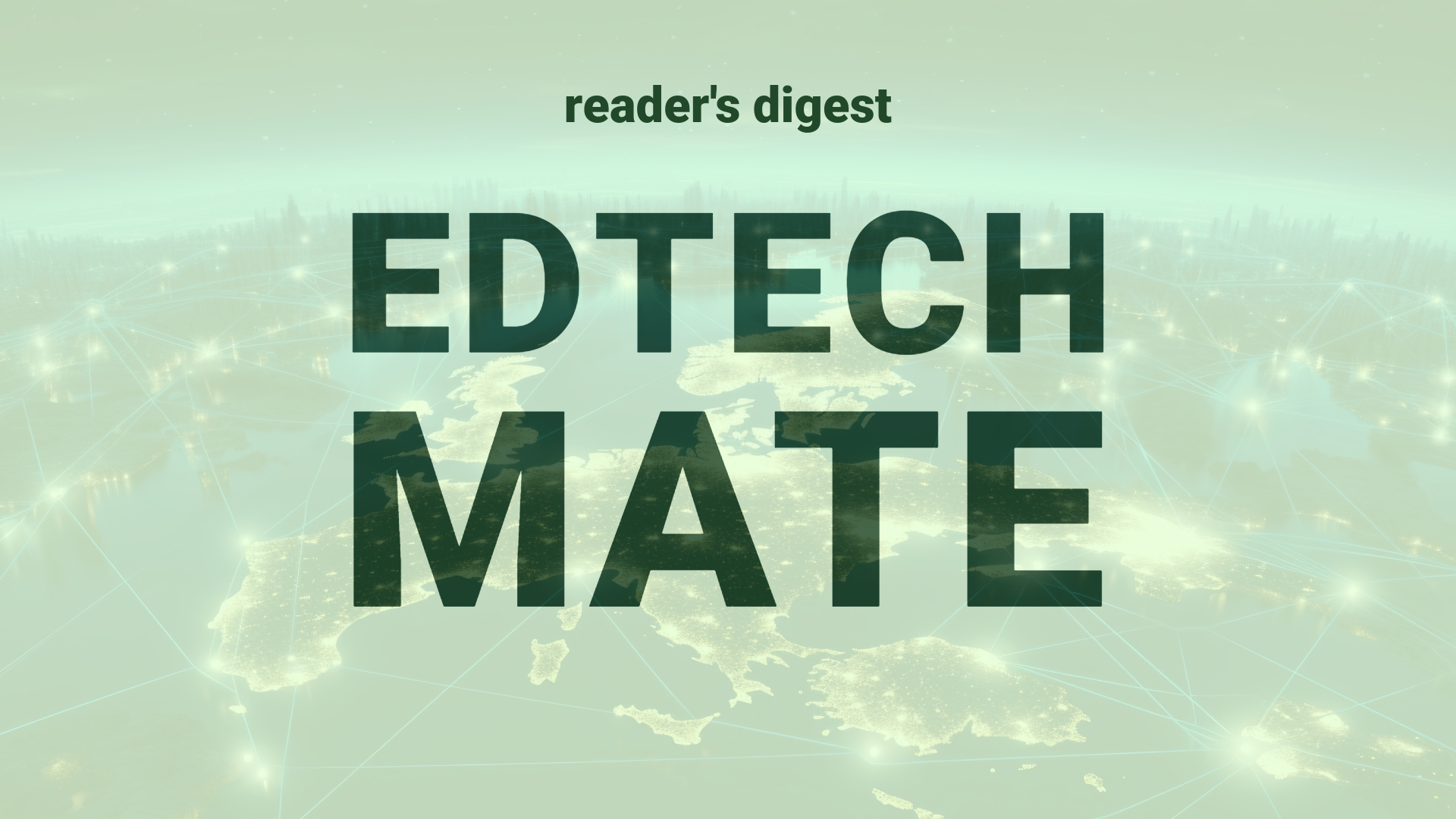Executive Summary and Main Points
In recent education technology developments, global higher education continues to witness significant digital transformation influenced by the strategic shifts in various sectors. An inspirational example emerges from the energy industry, where Duke Energy, under the leadership of CEO Lynn Good, is progressing towards a clean energy transition. The core strategies involve a combination of short-term planning and long-term technological advancements, emphasizing the need for continuous innovation and strategic changes in response to emerging technologies. Furthermore, this approach underscores the importance of testing assumptions, nurturing industry collaborations, and engaging a broad spectrum of stakeholders for successful implementation.
Potential Impact in the Education Sector
The methods adopted by Duke Energy have considerable implications for Further Education, Higher Education, and the burgeoning field of Micro-credentials. As institutions pivot towards sustainability, the strategic framework used by Duke Energy can inspire Education Sector partnerships that involve stakeholder management, incremental advancements, and crucially, adaptability to technological growth. This approach can streamline the integration of digitalization across educational programs and foster an environment conducive to continuous learning and environmental focus.
Potential Applicability in the Education Sector
Applying Duke Energy’s strategy in global education systems could take multiple forms, including AI and digital tool integration. For instance, AI could be used to personalize learning, thereby enhancing student engagement and outcomes. Virtual laboratories powered by advanced simulations could allow for practical experience in renewable energies within STEM subjects. Collaborative platforms could also enable international educational institutions to share best practices and technologies, adapting Duke’s collaborative ethos to academia.
Criticism and Potential Shortfalls
A critical examination of adopting corporate strategies like those of Duke Energy’s in the education sector reveals potential shortfalls. Educational institutions vary greatly in resources, objectives, and governance, which may hinder the direct application of business strategies. Cultural and ethical considerations, such as data privacy in AI implementation, require careful navigation to align with diverse global education systems. Comparative international case studies must be analyzed to ensure that such transitions account for the unique contexts of educational environments and preserve academic integrity and inclusivity.
Actionable Recommendations
In alignment with the strategic insights offered by international education leadership, educational institutions should contemplate staged and strategic integration of new technologies, drawing from corporate models that emphasize sustainability and adaptability. Leaders within these institutions could pilot AI-driven personalized learning programs and invest in digital tools that foster international collaboration. Furthermore, conducting regular assumption audits and facilitating partnerships can ensure that educational strategies remain relevant and effective in the tumultuous landscape of technological change.
Source article: https://hbr.org/podcast/2024/05/how-one-energy-ceo-is-leading-a-transition-toward-clean-energy

